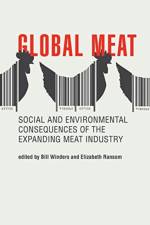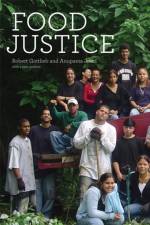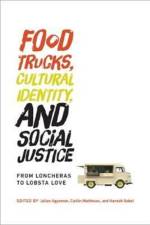- Social and Environmental Consequences of the Expanding Meat Industry
419
The growth of the global meat industry and the implications for climate change, food insecurity, workers'' rights, the treatment of animals, and other issues.Global meat production and consumption have risen sharply and steadily over the past five decades, with per capita meat consumption almost doubling since 1960. The expanding global meat industry, meanwhile, driven by new trade policies and fueled by government subsidies, is dominated by just a few corporate giants. Industrial farming—the intensive production of animals and fish—has spread across the globe. Millions of acres of land are now used for pastures, feed crops, and animal waste reservoirs. Drawing on concrete examples, the contributors to Global Meat explore the implications of the rise of a global meat industry for a range of social and environmental issues, including climate change, clean water supplies, hunger, workers'' rights, and the treatment of animals.Three themes emerge from their discussions: the role of government and corporations in shaping the structure of the global meat industry; the paradox of simultaneous rising meat production and greater food insecurity; and the industry''s contribution to social and environmental injustice. Contributors address such specific topics as the dramatic increase in pork production and consumption in China; land management by small-scale cattle farmers in the Amazon; the effect on the climate of rising greenhouse gas emissions from cattle raised for meat; and the tensions between economic development and animal welfare.ContributorsConner Bailey, Robert M. Chiles, Celize Christy, Riva C. H. Denny, Carrie Freshour, Philip H. Howard, Elizabeth Ransom, Tom Rudel, Mindi Schneider, Nhuong Tran, Bill Winders





